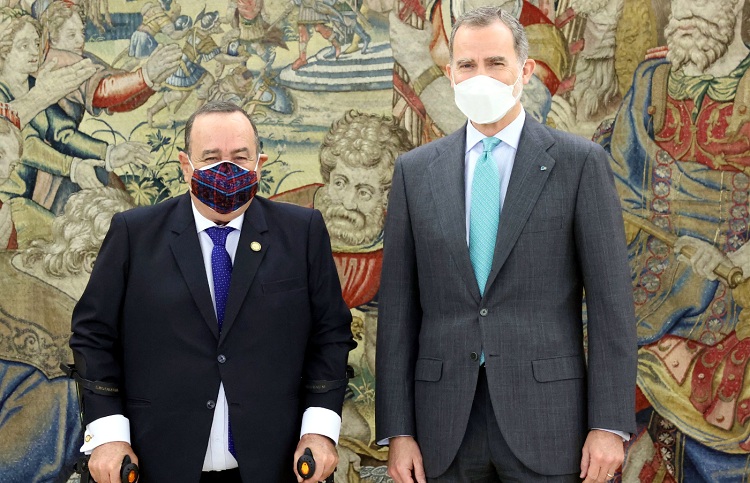The Diplomat
The Board of Directors of the Association of Spanish Diplomats (ADE) has presented a series of observations on the latest draft of the Diplomatic Career Regulations prepared by the Ministry of Foreign Affairs, in which it expresses its position on the incorporation of “diversity” as a guiding principle” of the text.
In these observations, as sources from the ADE’s Board of Directors told The Diplomat, they agree with the inclusion of the concept of “diversity” as a “guiding principle” in the preamble of the Regulations on the Diplomatic Career, but not in the articles, as they believe that it could lead to confusion and legal uncertainty.
By this, it refers, fundamentally, to the inclusion of this principle of “diversity”, together with the principles of equality, merit, capacity and publicity, to be taken into account in access to the Diplomatic Career, as it appears in the latest draft of the regulations prepared by the Ministry of Foreign Affairs.
After recalling that Article 14 of the Spanish Constitution establishes that “Spaniards are equal before the law, without any discrimination on the grounds of birth, race, sex, religion, opinion or any other personal or social condition or circumstance, the ADE stresses that the principle of equality and non-discrimination is alluded to, but there is no mention of the promotion of diversity of any kind.
It also points out that there is no mention in the Constitution of “diversity” as a principle to be promoted in access to the civil service.
Consequently, the Board of Directors of the ADE affirms that it is clearly in favour of the diversity and plurality of the members of the Diplomatic Career and that it supports the measures taken to avoid any type of discrimination or obstacle that any group might encounter, both in terms of access to the civil service and in the exercise and development of the professional career.
The Association of Spanish Diplomats insists that it welcomes the fact that the concept of “diversity” appears in the preamble of the regulation, but considers that it should not be incorporated into the articles on the same level as the well-established legal-administrative principles of equality, merit and ability in access to the civil service and career development. “Both the concept of diversity and plurality, while important and desirable in any organisation, belong more to the field of sociology,” he says.
“Our opposition to the inclusion of the concept of diversity in the articles, as it stands, is also based on legal reasons – some colleagues have given us very strong arguments in this respect – and on the fear that this regulation could again be shipwrecked in the courts,” they underline.
Finally, the ADE board reports that some of its members have expressed their support for the wording proposed in the draft, thus advocating the introduction of the criterion of diversity in the articles.






